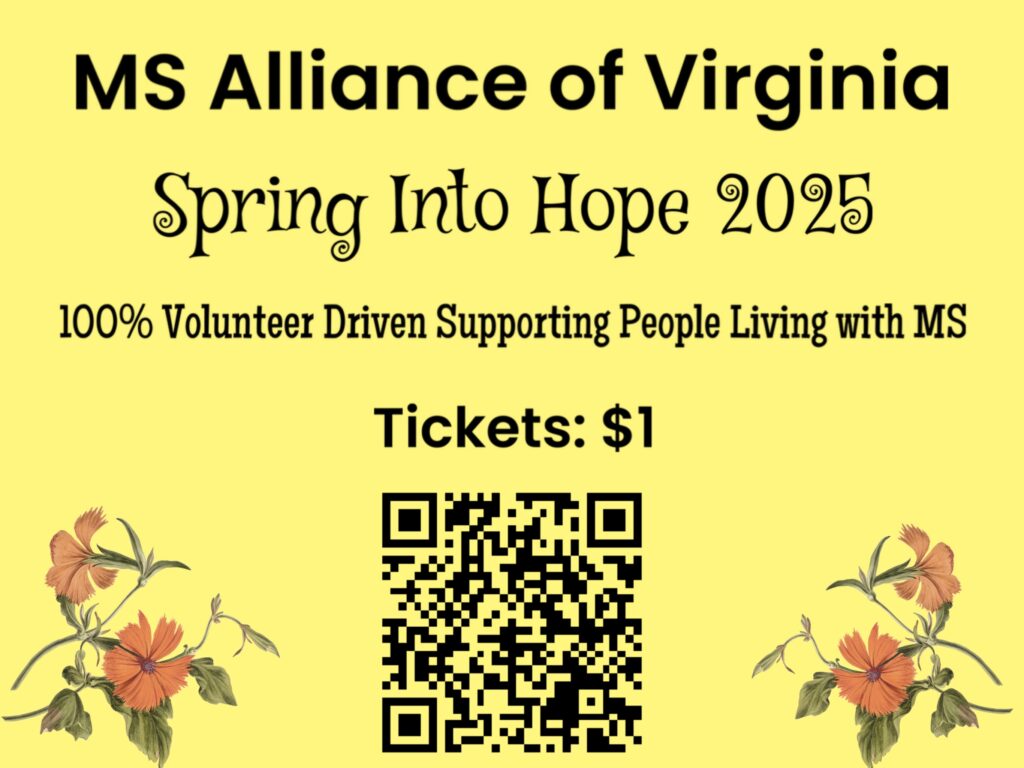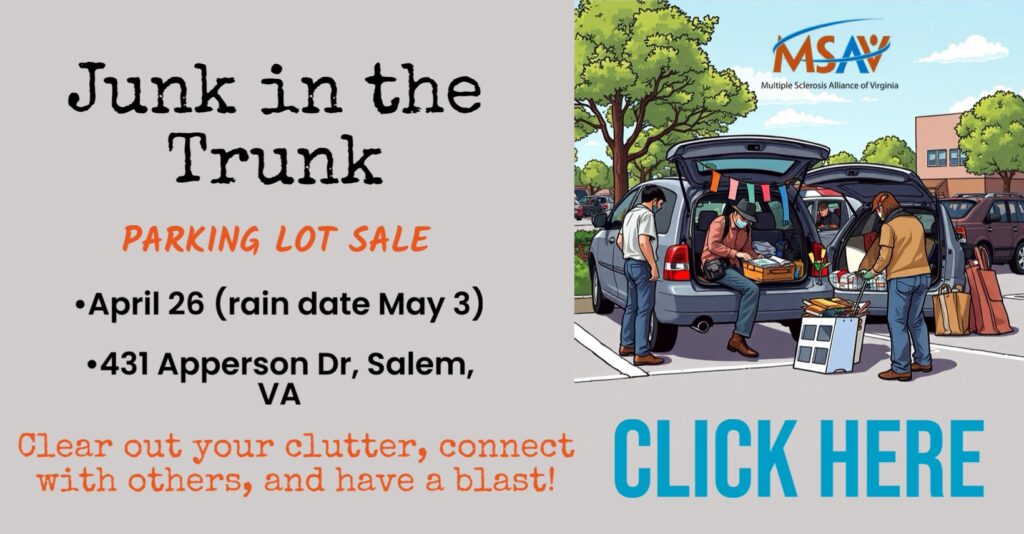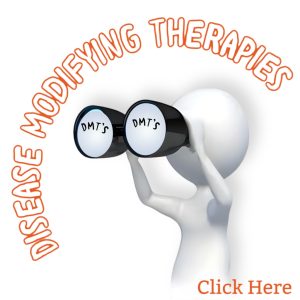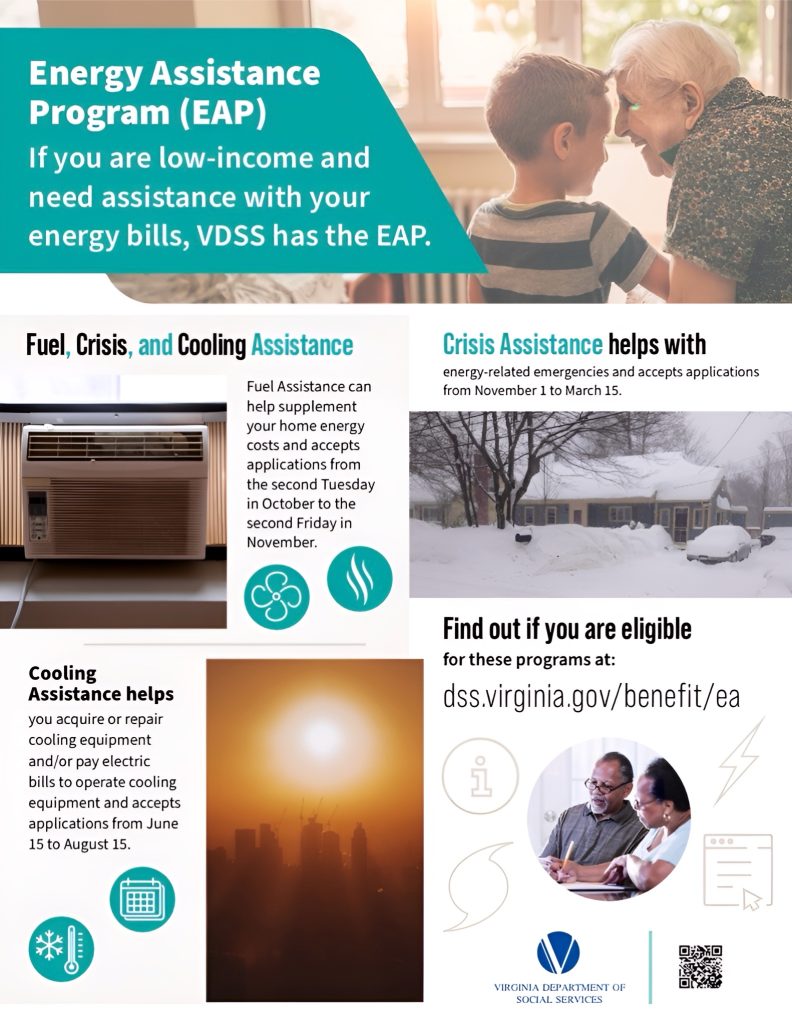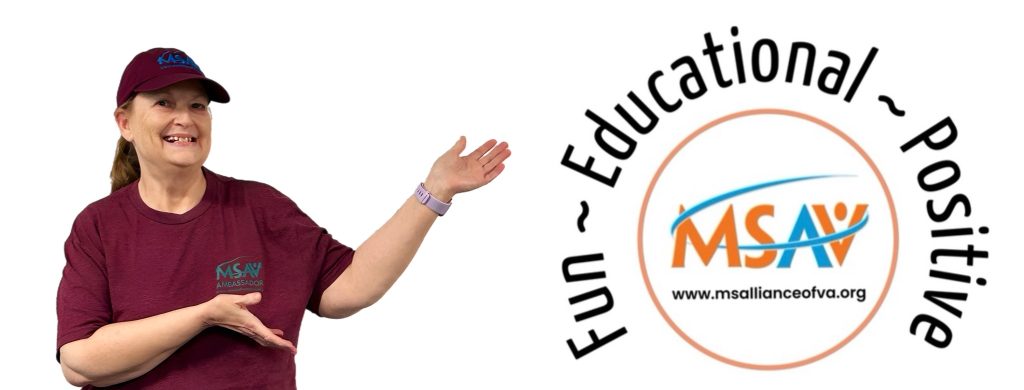
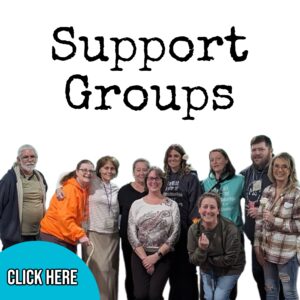
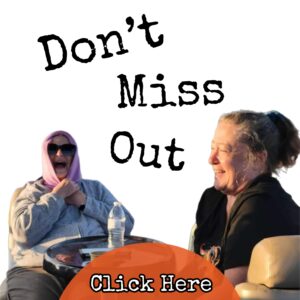
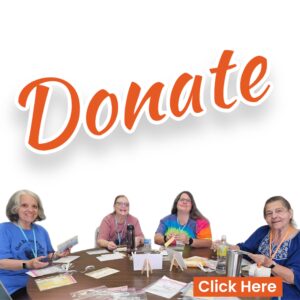

MS in Women: Common Symptoms
Women and MS Multiple sclerosis (MS) is considered an autoimmune condition that affects the brain and spinal cord of the central nervous system. The disease affects women more often than men. According to the National Multiple Sclerosis Society, women may be up...
MS Spasticity: Causes and Treatments
Spasticity is one of the most common — and challenging — symptoms of multiple sclerosis (MS). According to the National Multiple Sclerosis Society, an estimated 80 percent of people with MS have spasticity, involuntary muscle spasms or stiffness that interfere with...
Sex, Intimacy, and Multiple Sclerosis
Sexual relations are a sensitive — and difficult — topic for people with multiple sclerosis (MS), just as they are for people in general. Sexual dysfunction in people with MS can be caused by a combination of physical, psychological, emotional, and social factors,...
Newly Diagnosed? Your Journey Starts Here.
Multiple sclerosis (MS) is a progressive neurodegenerative condition, in which the body’s immune system mistakenly attacks the myelin, the protective sheath surrounding nerve fibers. This disrupts the electric signals traveling along the nerve fibers from the brain to...
Bite, Chew, Swallow: How to Deal With Dysphagia When You Have MS
Suddenly being unable to swallow is scary, to say the least. “When dysphagia — trouble swallowing — strikes, I can feel my adrenal glands kick in, my eyes widen, and a feeling of genuine panic for my life arise,” says Trevis Gleason, 55, a former chef who blogs for...
The Virginia Energy Assistance Program (EAP) assists low-income households in meeting their immediate home energy needs. The EAP consists of four components: Fuel Assistance, Crisis Assistance, Cooling Assistance and Weatherization Assistance. Click on the flyer for more information.
Our Mission Statement
Provide programs, events, activities and services for people living with MS in Southwest Virginia and the surrounding areas, including veterans.
Educate and empower people with MS, their care partners, friends and family. We will guide people to organizations that may be able to assist with their needs.
Contribute to awareness in the community, including educational programs to young people, first responders and community organizations.
Encourage and expand support groups to include assisted-living facilities, homebound people and help others start upbeat groups like ours.

